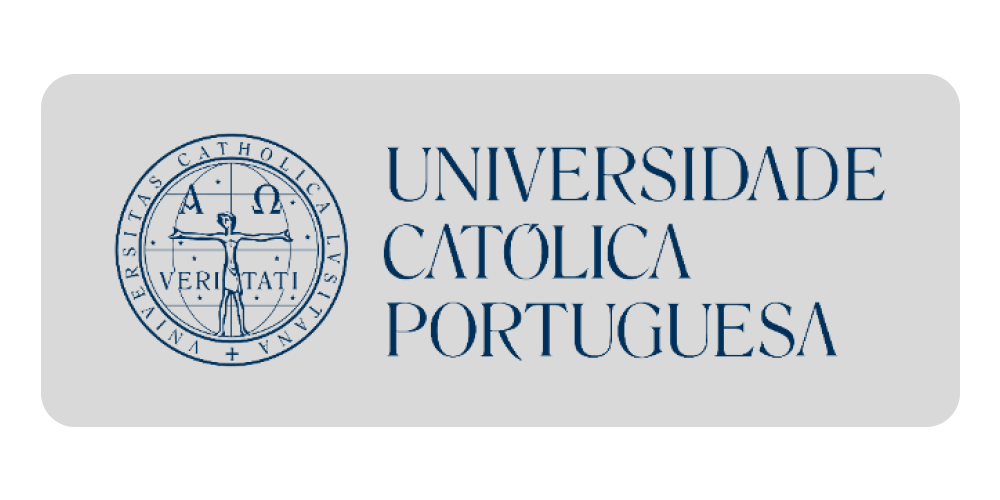Beograd : Univerzitet. Filozofski fakultet, Odeljenje za etnologiju i antropologiju / Belgrade : University. Faculty of Philosophy, Department of Ethnology and Anthropology
Quête d’identité: l’interprétation anthropologique de l’étude engagée à Paštrovići et l’utilisation du concept de l’héritage culturel immatériel à des fins politico-identitaires
2021
Paštrovići su pleme i etnografsko područje crnogorskog primorja koje se prostire na području od Čanja do Bečića i između Jadranskog mora i Crmnice. Na ovom području boravio sam dva puta, 2017. i 2018. godine, u okviru projekta „Etno Lab“, čiji je nosilac bilo Društvo za kulturni razvoj „Bauo“ iz Petrovca na moru, uz finansijsku i druge vidove podrške opštine Budva, Ministarstva kulture Crne Gore i još nekolicine lokalnih porodica. Cilj boravaka u Petrovcu bila su angažovana terenska istraživanja, s ciljem da se istraže „tradicija“ i kulturno nasleđe Paštrovića, uz intencije mapiranja potencijalnih elemente za upis na listu nematerijalnog kulturnog nasleđa Crne Gore. U radu polazim od hipoteze da je organizacija Etno Laba, usmeravanje istraživanja i, na posletku, potraga za markerima identiteta, uz želju da se oni prepoznaju i upišu na odgovarajuće liste kao važni od strane nacionalne države, upravo vid refleksije društveno-političkih i identitet-skih previranja koja se prvenstveno dešavaju na političkom nivou nacionalne države Crne Gore, a kasnije se spuštaju i u društvenu realnost, gde zadobijaju raznolike oblike. S tim u vezi, rad je podeljen u četiri celine: kraći pregled društveno-političkih promena u Crnoj Gori; razmatranje korišćenih metodoloških postupaka i njihovih nedostatnosti tokom na-ših istraživanja; antropološko tumačenje koncepta i potrage za elementima NKN u odnosu na identitetsko-političke upotrebe datih fenomena.Paštrovići is the name of a clan and of an ethnographic area of the Montene-grin coast stretching from Čanj to Bečići and from the Adriatic Sea to Crmnica. I visited this region twice, in 2017 and 2018, as part of the Etno Lab project, di-rected by the Bauo Society for Cultural Development from the town of Petrovac by the Sea, with funds and other forms of assistance provided by the Municipal-ity of Budva, the Ministry of Culture of Montenegro, and several local families. The purpose of the stay in Petrovac was engaged field research with the aim of exploring the “traditions” and cultural heritage of Paštrovići, with the intention of mapping potential elements for inscription on the list of Montenegrin intan-gible cultural heritage. In this paper, I start from the hypothesis that the organi-zation of Etno Lab, the directing of research and, finally, the search for identity markers with a view to having them recognized as important and inscribed on relevant lists by the national state, are precisely a form of reflection of the so-cio-political identity turmoil which is primarily occurring at the political level in the nation state of Montenegro and then spilling over into social reality, where it assumes various forms. Thus, the paper is divided into four sections: a brief overview of socio-political changes in Montenegro; a discussion of the meth-odological procedures used in our research and their inadequacies; an anthro-pological interpretation of the concept and a search for elements of intangible cultural heritage in relation to the identity political uses of the given phenomena.Paštrovići sont une tribu et une localité ethnographique sur la côte monténé-grine qui s’étend de Čanj jusqu’à Bečići et entre l’Adriatique et Crmnica. J’ai séjourné deux fois sur ce territoire, en 2017 et 2018, et cela dans le cadre du pro-jet „Etno Lab“, dont le porteur est l’Association pour le développement culturel „Bauo“ de Petrovac sur mer, grâce au soutien financier et à d’autres formes de soutien de la municipalité de Budva, du Ministère de la culture du Monténégro et de quelques-unes des familles locales. L’objectif des séjours à Petrovac était d’engager des recherches de terrain, afin d’explorer la „tradition“ et l’héritage culturel des Paštrovići, avec l’intention de mapper les éléments potentiels des-tinés à être inscrits sur la liste de l’héritage culturel immatériel du Monténégro. Dans mon article je pars de l’hypothèse que l’organisation Etno Lab, l’orienta-tion de la recherche et, enfin, la quête des marqueurs d’identité que l’on désire voir reconnus et inscrits sur les listes appropriées comme importants par l’état national, sont justement une forme de reflet des agitations sociopolitiques et identitaires principalement dans la sphère politique de l’état national du Mon-ténégro, puis plus tard descendent aussi dans la réalité sociale, où ils prennent des formes variées. Par conséquent, l’article est divisé en quatre parties: un bref aperçu des changements sociopolitiques au Monténégro; l’analyse des procédés méthodologiques utilisés et de leur insuffisance au cours de nos recherches; l’interprétation anthropologique du concept et de ma quête des éléments de l’héritage culturel immatériel par rapport à des usages politico-identitaires des phénomènes donnés
Beograd : Univerzitet. Filozofski fakultet, Odeljenje za etnologiju i antropologiju / Belgrade : University. Faculty of Philosophy, Department of Ethnology and Anthropology
Quête d’identité: l’interprétation anthropologique de l’étude engagée à Paštrovići et l’utilisation du concept de l’héritage culturel immatériel à des fins politico-identitaires
Paštrovići su pleme i etnografsko područje crnogorskog primorja koje se prostire na području od Čanja do Bečića i između Jadranskog mora i Crmnice. Na ovom području boravio sam dva puta, 2017. i 2018. godine, u okviru projekta „Etno Lab“, čiji je nosilac bilo Društvo za kulturni razvoj „Bauo“ iz Petrovca na moru, uz finansijsku i druge vidove podrške opštine Budva, Ministarstva kulture Crne Gore i još nekolicine lokalnih porodica. Cilj boravaka u Petrovcu bila su angažovana terenska istraživanja,...
Preuzmite dokument
2021
 Rašić, Miloš
Rašić, Miloš






